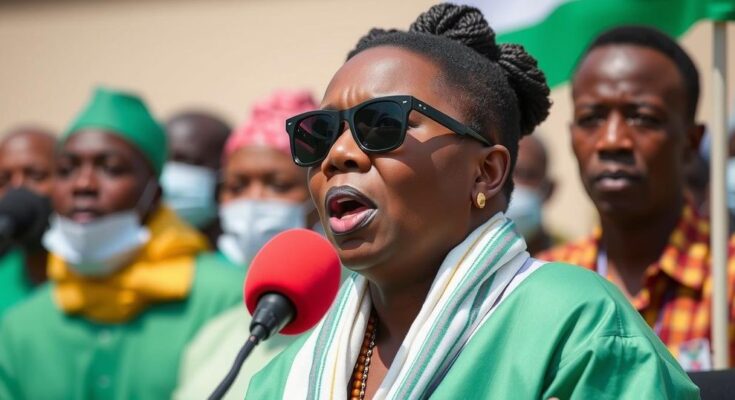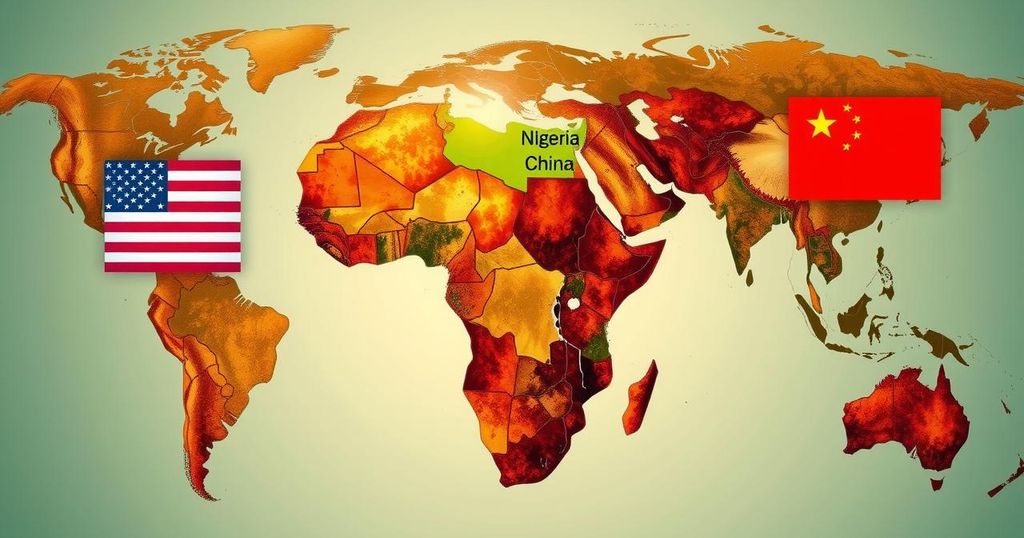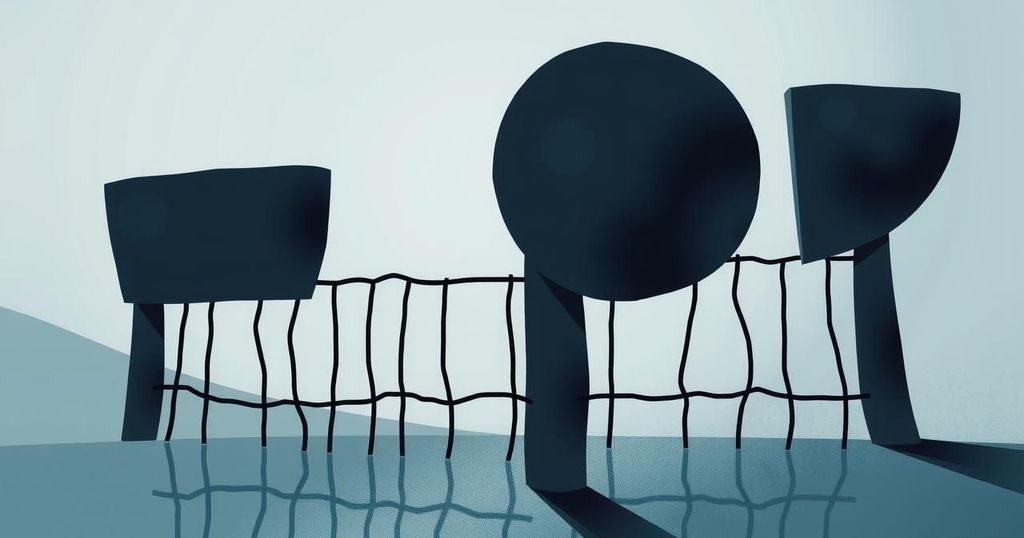Chadian opposition groups are urging for the cancellation of the December 29 elections, alleging a low voter turnout due to widespread boycotts. While Chad’s electoral body claims 36% participation, opposition leaders assert the actual figure aligns with their claims of over 90% adherence to boycott calls. The government’s response positions them against opposition demands, signaling potential unrest as political tensions rise.
Chad is currently experiencing significant political tension as opposition groups are calling for the immediate cancellation of the upcoming general elections scheduled for December 29. They argue that the transitional government must not only cease its operations but also that the elections have been largely boycotted by the populace. In response, Chad’s electoral body, the National Agency for the Management of Elections (ANGE), insists that the elections will proceed, asserting that any irregularities will not affect the overall results.
Assane Bairra, the vice president of ANGE, stated that vote counting is underway following local, provincial, and parliamentary elections held last Sunday. These elections were intended to conclude a three-year transitional period initiated after the passing of President Idriss Deby Itno in April 2021. Following a contested presidential election in May, his son, Mahamat Idriss Deby, was named the victor.
While ANGE claims that approximately 36% of the 8.3 million registered voters participated in the elections, opposition parties contest this figure, asserting that true turnout was much lower due to widespread adherence to boycott calls. According to Avocksouma Djona, spokesperson for Chad’s Political Actors Consultation Group (GCAP), over 90% of registered voters respected their coalition’s call for non-participation, condemning the regime as a continuation of the late Deby’s authoritarian rule.
Success Masra, president of The Transformers and former prime minister, emphasized the need for a new transitional phase characterized by truth and dialogue to construct a viable political environment. He warned of potential violence due to the prevailing discontent.
Political analyst Yamingue Betinbaye noted that while the opposition raises valid concerns regarding electoral irregularities, such as ballot box tampering, it is improbable that the elections will be annulled. The Chadian government, meanwhile, has derided the opposition’s demands as attempts to incite chaos, urging the public not to heed calls for unrest.
As tensions escalate within the political landscape of Chad, the outcome of the forthcoming elections and the response from the ruling regime may significantly affect the country’s stability and governance.
The current political landscape in Chad has been tumultuous since the death of long-serving President Idriss Deby Itno in April 2021. His son, Mahamat Idriss Deby, has been in power since then, transitioning from a military to a civil government structure. Amid growing dissent regarding governance and electoral processes, opposition parties are increasingly vocal about perceived injustices and the authoritarian tendencies of the ruling party. The transitional government had initially promised free and fair elections, placing its legitimacy on the polls, which are now being questioned by significant factions of the populace. Understanding the broader historical context of Chad’s political environment is crucial in analyzing the power dynamics at play amid the impending elections.
Chad is at a critical juncture in its political evolution as significant opposition voices demand the cancellation of elections that they deem illegitimate following widespread boycott actions. The government’s insistence on proceeding with elections highlights an authoritative posture amidst allegations of electoral misconduct. With growing unrest and calls for a new pathway filled with reform and dialogue, the stability of Chad remains precarious. The international community may need to closely monitor these developments to foster a peaceful resolution and ensure the political rights of Chadians are upheld.
Original Source: www.voanews.com




